I have a very, very large array (not slice) of maps that I am then trying to encode. I really need to avoid making a copy of the array but I can't figure out how to do this.
So I far I have this:
func doSomething() {
var mygiantvar [5]map[string]Searcher
mygiantvar = Load()
Save(`file.gob.gz`, &mygiantvar)
}
func Save(filename string, variable *[5]map[string]Searcher) error {
// Open file for writing
fi, err := os.Create(filename)
if err !=nil {
return err
}
defer fi.Close()
// Attach gzip writer
fz := gzip.NewWriter(fi)
defer fz.Close()
// Push from the gob encoder
encoder := gob.NewEncoder(fz)
err = encoder.Encode(*variable)
if err !=nil {
return err
}
return nil
}
From my understanding that will pass a pointer of mygiantvar to Save, which saves the first copy. But then the entire array will surely be copied into encoder.Encode which will then copy it around many more functions, right?
This mygiantvar variable will be something like 10GB in size. So it must avoid being copied ever.
But then again perhaps only the actual array [5] part is copied but the maps inside of this are pointers inside an array, so the array of pointers to maps would be copied instead of the maps themselves? I have no idea about this - it's all very confusing.
Any ideas?
